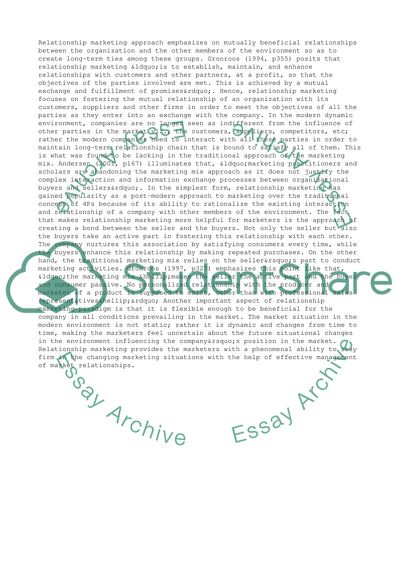Cite this document
(“Strategic Marketing in Uncertainty Essay Example | Topics and Well Written Essays - 2000 words”, n.d.)
Strategic Marketing in Uncertainty Essay Example | Topics and Well Written Essays - 2000 words. Retrieved from https://studentshare.org/business/1511543-strategic-marketing-in-uncertainty
Strategic Marketing in Uncertainty Essay Example | Topics and Well Written Essays - 2000 words. Retrieved from https://studentshare.org/business/1511543-strategic-marketing-in-uncertainty
(Strategic Marketing in Uncertainty Essay Example | Topics and Well Written Essays - 2000 Words)
Strategic Marketing in Uncertainty Essay Example | Topics and Well Written Essays - 2000 Words. https://studentshare.org/business/1511543-strategic-marketing-in-uncertainty.
Strategic Marketing in Uncertainty Essay Example | Topics and Well Written Essays - 2000 Words. https://studentshare.org/business/1511543-strategic-marketing-in-uncertainty.
“Strategic Marketing in Uncertainty Essay Example | Topics and Well Written Essays - 2000 Words”, n.d. https://studentshare.org/business/1511543-strategic-marketing-in-uncertainty.


